Brazil adrift as virus toll approaches 100,000
It will be just the second country to cross that grim threshold, after the United States, where the death toll is now over 150,000.
Five months after confirming its first case of the new coronavirus, Brazil is fast approaching the bleak milestone of 100,000 deaths from COVID-19, a tragedy experts blame on the country's lack of coherent response.
It will be just the second country to cross that grim threshold, after the United States, where the death toll is now over 150,000.
"It's a tragedy, one of the worst Brazil has ever seen," said sociologist Celso Rocha de Barros, as the number of infections in the sprawling South American country approached three million -- also the second-highest in the world, after the US.
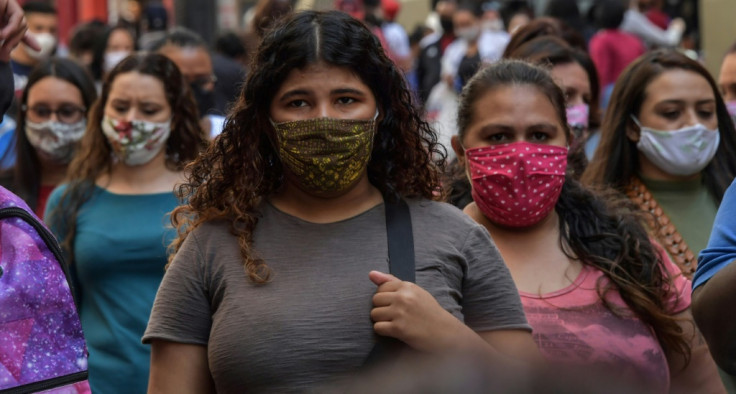
Brazil confirmed its first case of the new coronavirus on February 26: a Sao Paulo businessman returning from a trip to Italy.
The country of 212 million people registered its first death on March 16.
"At that point, Brazil was more or less getting organised to deal with the pandemic," said Paulo Lotufo, an epidemiologist at the University of Sao Paulo.
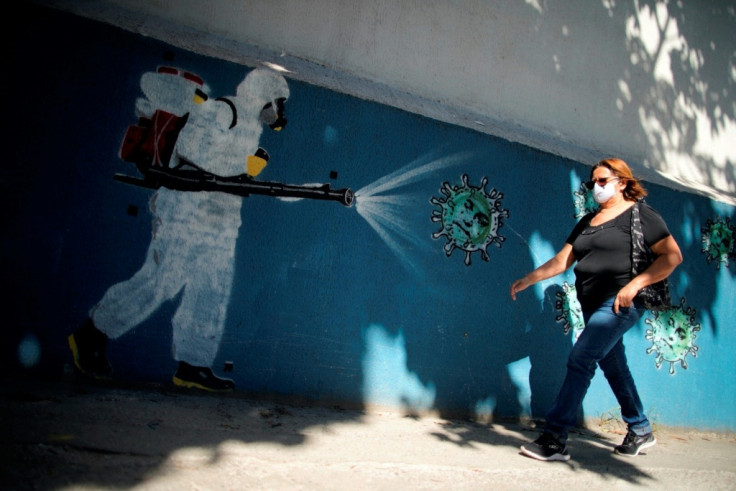
But then, political chaos ensued.
Far-right President Jair Bolsonaro condemned the "hysteria" around the virus and railed against decisions by state and local authorities to impose stay-at-home measures to contain it, arguing the economic damage would be worse than the disease.
Meanwhile, the country's infection curve exploded.
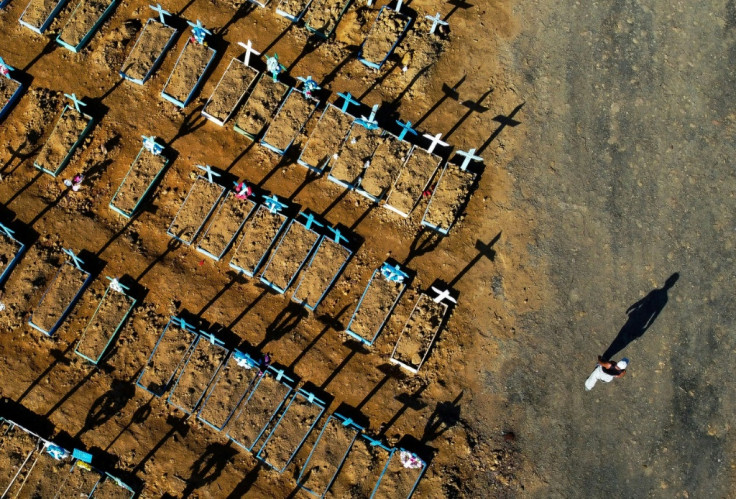
Chilling images emerged from Sao Paulo of six-minute speed burials by grave-diggers clad head-to-toe in protective gear and mass plots excavated by bulldozers in the Amazon city of Manaus.
The curve has plateaued in recent weeks, but at a high level: Brazil has registered an average of around 1,000 deaths per day for more than a month.
The toll stood at 2.9 million infections and 97,256 deaths late Wednesday. The country appeared to be on track to record its 100,000th death at the weekend.
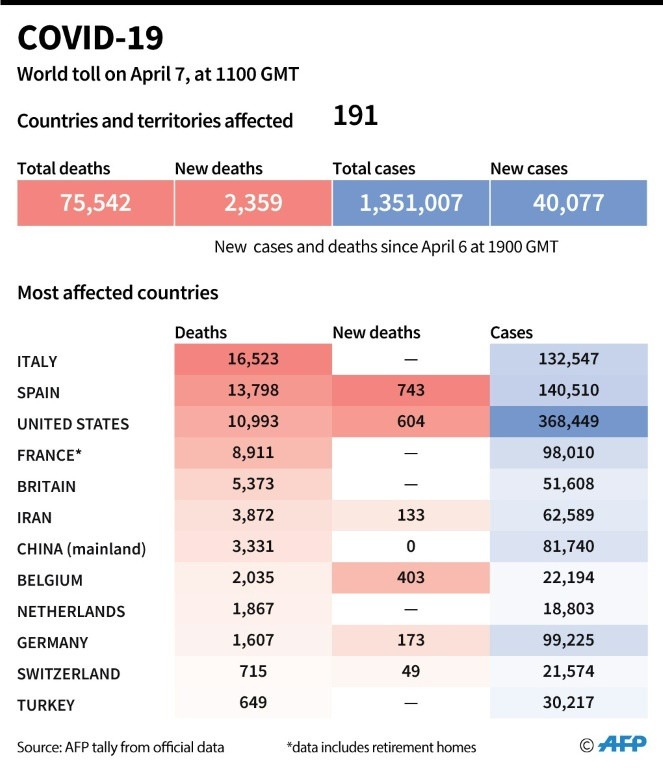
A fervent advocate of the drug hydroxychloroquine against COVID-19 -- despite a lack of evidence for its effectiveness -- Bolsonaro churned through two health ministers in less than a month, after falling out with them over the response to the pandemic.
The post is now held on an interim basis by an army general with no prior medical experience.
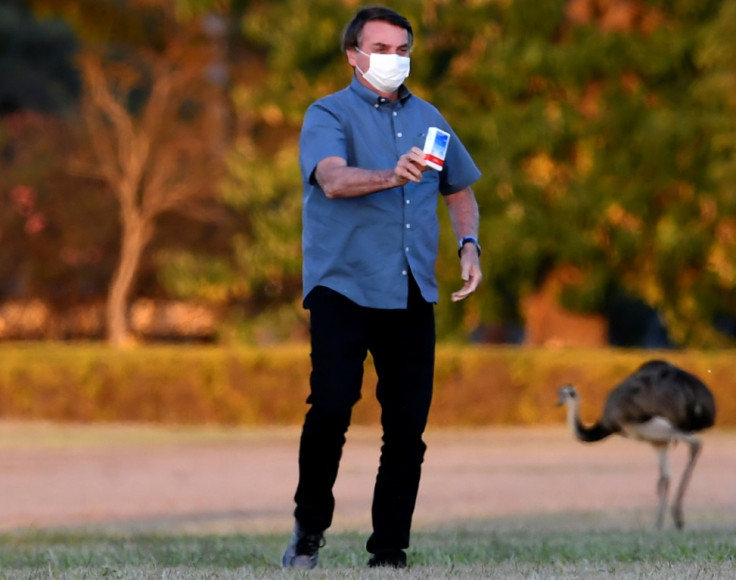
The president meanwhile has continued to downplay the virus, even after catching it himself last month. He was forced into quarantine for three weeks.
"Nearly everyone here is going to catch it eventually. What are you afraid of? Face up to it," he said after emerging from isolation.
The message from the Bolsonaro government has been "the exact opposite" of what it should have been, said Barros.
"Lockdown is difficult. It has to be coordinated by a leader with political credibility," he told AFP.
"You have to explain to people that it's hard, but necessary to avoid a massacre."
Instead, most Brazilian states started exiting lockdown in June, under pressure from Bolsonaro and despite warnings from experts that it was too soon.
Beaches, bars and restaurants were soon packed, even as the death toll continued to soar.
The virus has hit hardest among poor and black Brazilians, especially in the favelas -- slums where crowded living conditions and lack of clean, running water make social distancing and hand-washing difficult.
The Amazon region has also been devastated, particularly indigenous peoples, who have a history of vulnerability to outside diseases.
As states now start to consider reopening schools, "the way people behave in the coming weeks will be decisive," said Lotufo.
The country is in a strange gray zone between crisis mode and normality.
"It's shocking to see some people partying while so many others are dying," said Andre Rezende, a driver for a ride-hailing service whose mother-in-law died of COVID-19 and whose brother just came out of 30 days in intensive care with the virus.
"A lot of people are getting back to normal life. The feeling of powerlessness makes some people think, 'Might as well try to live normally, because there's no solution to this,'" said Barros.
Some are putting their faith in one of the two vaccines that are currently in advanced clinical trials in Brazil -- an ideal testing ground because the virus is still spreading so fast.
Copyright AFP. All rights reserved.
This article is copyrighted by International Business Times, the business news leader





















